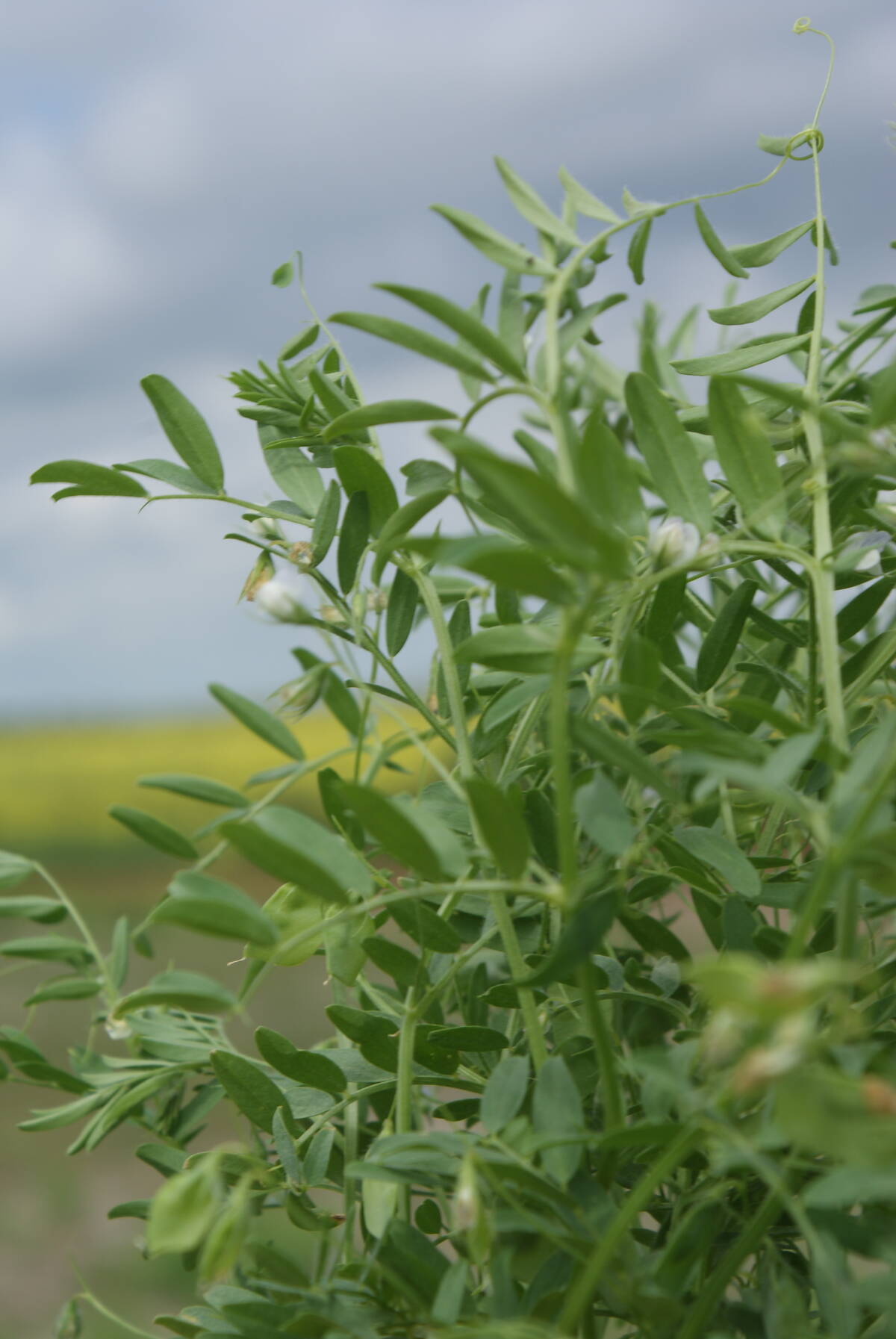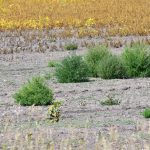A south-central Manitoba company’s plans to burn flax shives in wood stoves and fireplaces, rather than in flax fields after harvest, has picked up federal funding toward the cost of its new packing equipment.
Flax Power, based at Carman, Man., about 70 km south of Portage la Prairie, will get over $87,000 in Agri-Opportunities funding toward its product development and equipment, the federal government said Monday.
The company has developed a way to densely pack flax shives into an “all-natural, environmentally friendly, long-burning fire log,” which it’s dubbed the “PowerLog,” the government said.
Read Also

Pulse Weekly: Lentil prices currently lacking direction
There’s little at the present time to guide cash prices for lentils on the Canadian Prairies, said Marcos Mosnaim of Prairie IX in Toronto.
The finished product can be used instead of cord wood in burning appliances such as wood stoves, fireplaces or patio burners, the government said.
Flax shives, the straw and pieces of the plant stem left over once the seed is harvested, are generally considered farm waste and are often burned where they lay in the field after harvest.
The Agri-Opportunities funding “is not only helping to open up additional markets for our flax producers but it is also making use of an agricultural byproduct in an environmentally friendly way,” federal Agriculture Minister Gerry Ritz said in a release.
“Being able to produce more is not only good news for our company but also for flax farmers who supply the feedstock,” Flax Power CEO Kevin Lumb said in the same release.
The five-year Agri-Opportunities program wrapped up at the end of March and is no longer taking applications.
The $134 million program had focused on backing projects in the “later stage of commercialization, when agricultural products, processes and services are ready to be introduced to the marketplace.”














